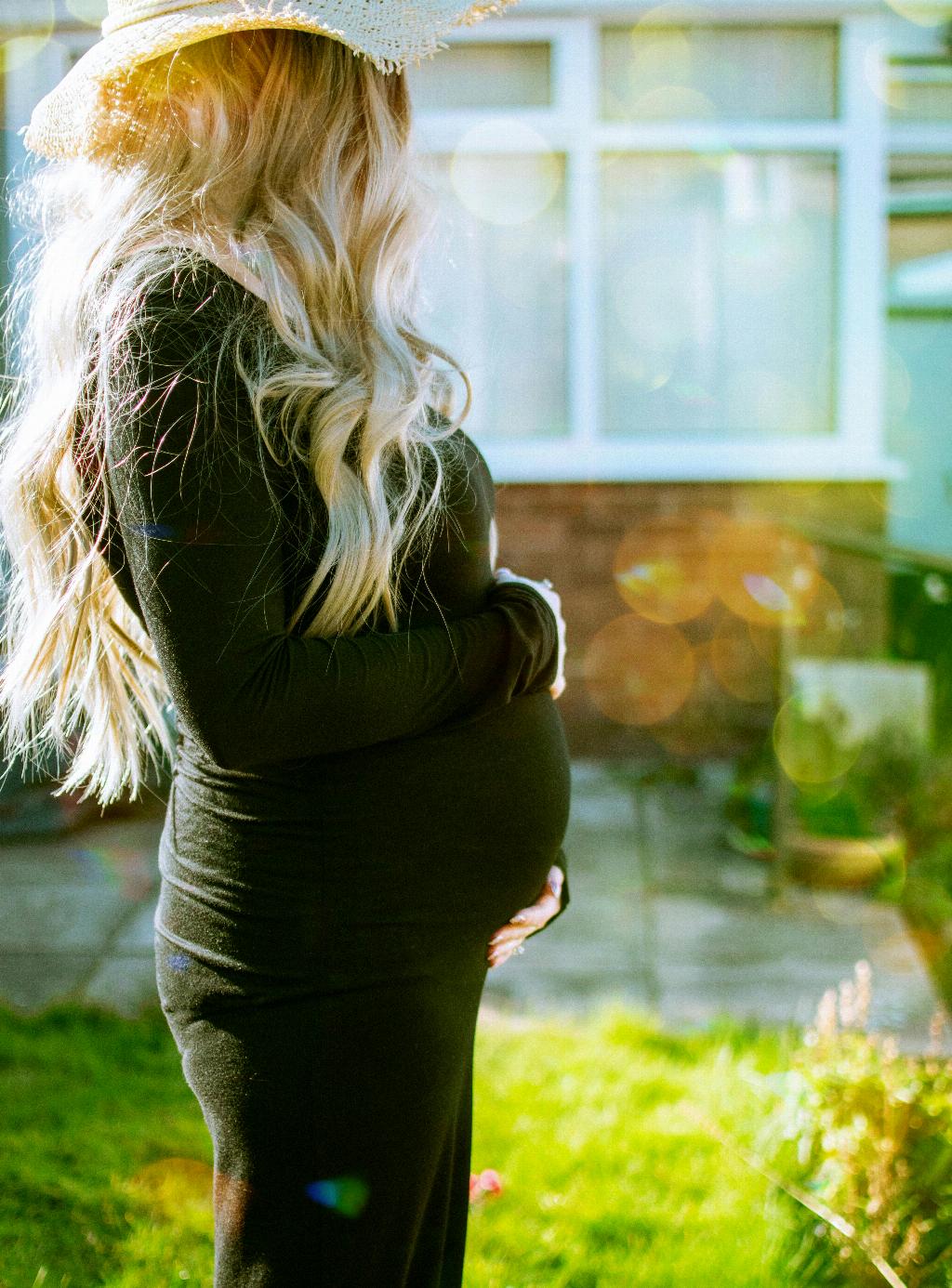After giving birth, many new mothers may experience various physical changes as their bodies recover from the birthing process. One common concern that may arise is the presence of blood in the stool. This occurrence can be alarming for new mothers, but it is important to understand that in certain situations, blood in the stool can be considered normal postpartum.
One possible cause of blood in the stool postpartum is the presence of haemorrhoids. Haemorrhoids are swollen veins in the lower rectum and anus that can be caused by the increased pressure and strain during pregnancy and childbirth. These swollen veins can result in bleeding during bowel movements, leading to the presence of blood in the stool.
Additionally, a tear in the rectum, also known as an anal fissure, can occur during childbirth, especially in cases of a vaginal delivery. This tear can lead to bleeding in the stool as the area heals. While this may be concerning, it is a common occurrence postpartum and usually resolves on its own with proper care and time.
It is important for new mothers experiencing blood in their stool to consult with their healthcare provider to determine the exact cause of the bleeding. While haemorrhoids and anal fissures are common explanations, it is crucial to rule out any other potential underlying issues that may require medical attention.
For many new mothers, the presence of blood in the stool postpartum can be unsettling and worrisome. However, understanding the possible causes and seeking appropriate medical guidance can help alleviate concerns and ensure proper treatment, if needed.
In most cases, haemorrhoids and anal fissures that result in blood in the stool postpartum are considered normal and can be managed with simple interventions such as staying hydrated, eating a high-fiber diet, and taking stool softeners to alleviate discomfort during bowel movements.
While mild cases of haemorrhoids may resolve on their own within a few days, more severe cases may require medical intervention, such as topical treatments or procedures to alleviate symptoms. Similarly, anal fissures may heal with time and proper care, but in some instances, medication or surgical intervention may be necessary.
It is essential for new mothers to prioritize their postpartum recovery and overall well-being, which includes addressing any concerns related to physical changes such as blood in the stool. Open communication with healthcare providers and prompt attention to any unusual symptoms can help ensure a smooth and healthy recovery process.
In conclusion, while the presence of blood in the stool postpartum may be concerning, it is important to recognize that in many cases, this occurrence can be considered normal and attributed to common issues such as haemorrhoids and anal fissures. By seeking appropriate medical guidance and following recommended care measures, new mothers can effectively manage this common postpartum symptom and focus on their recovery and bonding with their new baby.

